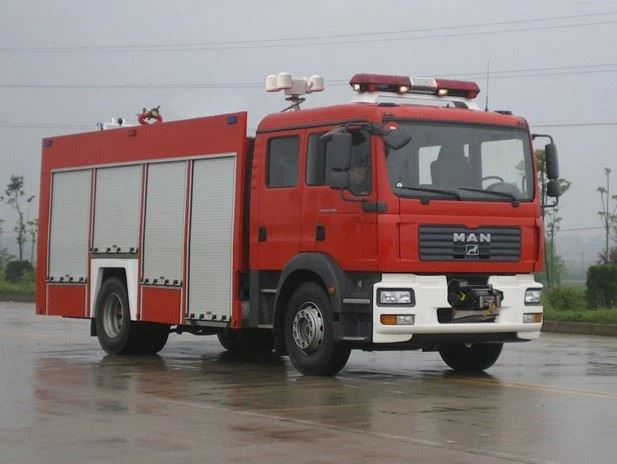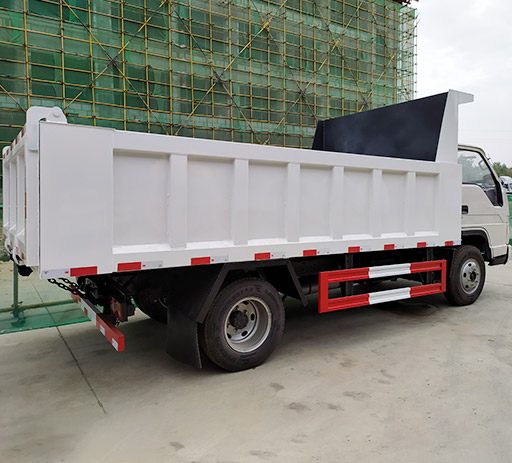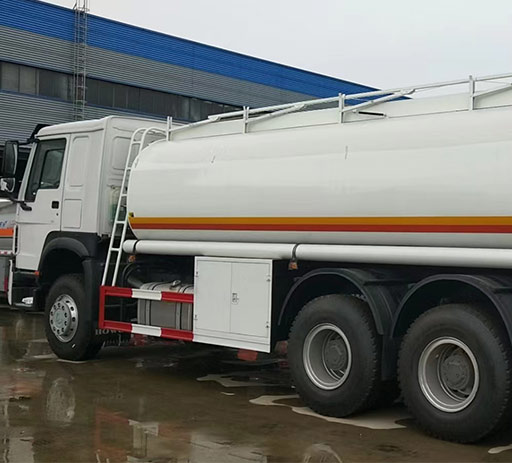Everything You Need to Know About Hydro Vacuum Trucks

Introduction
Hydro vacuum trucks are essential vehicles used in various industries, including construction, wastewater management, and environmental cleanup. These powerful machines combine high-pressure water jets and vacuum systems to efficiently excavate and transport debris, sludge, and liquids. In this comprehensive article, we will explore the workings of hydro vacuum trucks, their applications, benefits, and maintenance tips, among other aspects. Whether you are a contractor, a facility manager, or simply curious about these incredible machines, this guide will provide valuable insights.
What Is a Hydro Vacuum Truck?
A hydro vacuum truck, often referred to as a hydro excavator, is specifically designed to utilize water pressure coupled with vacuum suction to excavate soil, mud, and other materials. These trucks contain a water tank, a high-pressure pump, and a vacuum system that helps safely remove unwanted materials without impacting the surrounding environment.
Components of a Hydro Vacuum Truck
Understanding the main components of hydro vacuum trucks can help clarify how they operate:
- Water Tank: Stores water for high-pressure operations.
- Vacuum System: Creates suction to remove the excavated materials.
- Hydraulic Pump: Powers the high-pressure water jets.
- Hose System: Includes various hoses for water injection and material removal.
- Debris Tank: Collects the excavated materials for transportation.
How Hydro Vacuum Trucks Work
The operation of a hydro vacuum truck is relatively straightforward. Here is a step-by-step breakdown:
- The truck’s high-pressure water pump sends water through specialized hoses to create jets that break down the soil or debris.
- As the material becomes loose, the vacuum suction kicks in to lift the debris into the vacuum tank.
- Once the vacuum process is complete, the collected materials can be transported to a desired location for disposal or further processing.
Applications of Hydro Vacuum Trucks
1. Utility Work
Hydro vacuum trucks are extensively used in utility work for potholing or daylighting. Utility companies utilize these trucks to expose underground utilities like gas, water, and electricity lines safely.
2. Environmental Cleanup
These trucks play a crucial role in environmental cleanup operations. They can efficiently remove contaminated soil, hazardous materials, and pollutants from various sites.
3. Sewer and Drain Cleaning

Hydro vacuum trucks are vital for maintaining sewer systems. The combination of high-pressure water and vacuum suction cleans sewer lines while removing debris and blockages.
4. Construction Excavation
In construction, hydro vacuum trucks provide a clean and precise method for excavation, making them ideal for sensitive areas and minimizing damage to surrounding structures.
5. Hydro Excavation for Landscaping
Landscapers also use hydro vacuum trucks to dig holes for planting trees and shrubs without damaging the existing plants or infrastructure.
Advantages of Using Hydro Vacuum Trucks

1. Precision Excavation
Hydro vacuum trucks allow for precise removal of materials, reducing the risk of damaging underground utilities.
2. Minimizing Ground Disturbance
By using high-pressure water jets, these trucks disturb less soil than traditional excavation methods, minimizing environmental impact.
3. Time Efficiency
The combination of water pressure and suction makes the excavation process faster than manual methods, saving time on projects.
4. Safety
Hydro vacuum trucks improve safety, especially in congested urban areas, by reducing the need for manual excavation.
5. Versatility
They can be used across various industries, making them a versatile solution for multiple applications.
Tips for Choosing the Right Hydro Vacuum Truck
1. Assess Your Needs
Before purchasing or renting, evaluate the specific requirements of your projects, including the types of materials you will be dealing with and the environments you will work in.
2. Consider the Truck Size
Hydro vacuum trucks come in various sizes. Make sure to choose a size that can handle your workload effectively without being too cumbersome.
3. Review the Features
Look for features such as adjustable water pressure, tank capacity, and hose length to ensure the truck meets your project needs.
Maintenance of Hydro Vacuum Trucks
1. Regular Inspection
Invest time in regularly inspecting key components, including hoses, tanks, and vacuum systems, to identify any issues early.

2. Cleaning
After each use, clean the debris tank and hose to prevent buildup and ensure optimal performance.
3. Fluid Checks
Monitor fluid levels and quality for water, hydraulic oil, and fuel to maintain performance.
4. Professional Servicing
Schedule professional maintenance at regular intervals to ensure long-term reliability and safety.
Case Studies of Hydro Vacuum Truck Use
Case Study 1: Utility Line Repair
In a city utility line repair project, a hydro vacuum truck was employed to expose gas lines for maintenance. The precision of the truck prevented damage to nearby water lines, demonstrating the effectiveness of hydro excavation.
Case Study 2: Environmental Remediation
A hydro vacuum truck was key in cleaning up a contaminated site, allowing for the safe removal of hazardous waste without disturbing the surrounding soil. The process helped restore the area for future use.
Case Study 3: Landscaping Project
In a landscaping project, hydro vacuum excavation was used to plant trees without damaging existing pathways. This application showcased the versatility and precision of these trucks.
Frequently Asked Questions (FAQ)
1. What types of materials can a hydro vacuum truck handle?
Hydro vacuum trucks can handle a variety of materials, including soil, sludge, sand, gravel, and liquids. They are also effective in removing debris from construction sites and cleaning sewer systems.
2. Are hydro vacuum trucks safe to use around utility lines?
Yes, hydro vacuum trucks are designed for safe excavation around utility lines. They minimize the risk of damaging underground infrastructures while providing precise excavation.
3. How much water pressure do hydro vacuum trucks operate with?
Hydro vacuum trucks typically operate with water pressure ranging from 1,500 to 3,000 PSI, depending on the application’s requirements and the machine’s specifications.
4. Can I rent a hydro vacuum truck?
Yes, many companies offer hydro vacuum truck rentals for various project needs. Renting can be a cost-effective option for short-term projects.
5. How do I maintain a hydro vacuum truck?
Regular inspection, cleaning of tanks, fluid checks, and professional servicing are crucial for maintaining the efficiency and longevity of a hydro vacuum truck.
6. What’s the cost of a hydro vacuum truck?
The cost of hydro vacuum trucks can vary widely based on size and specifications, ranging from $150,000 to over $600,000 for new units. Used trucks can be more affordable, but condition and maintenance history should be considered.
